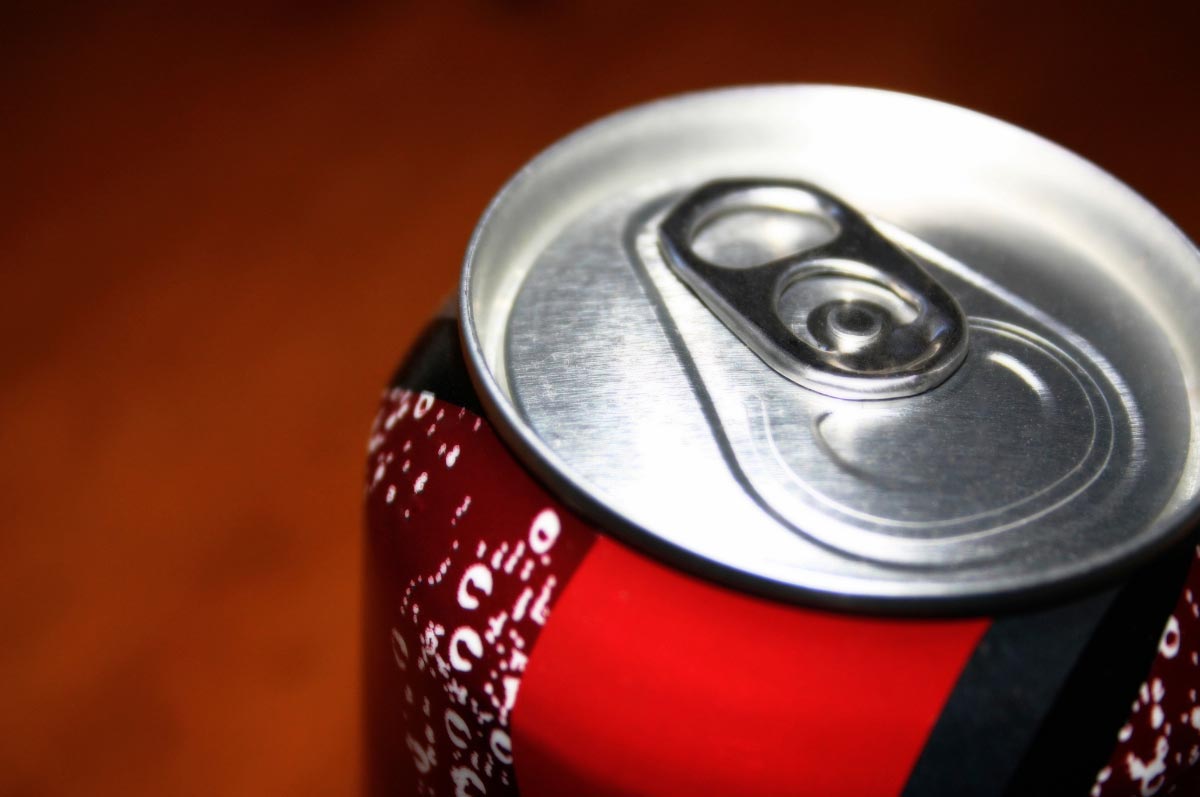Communist Chinese embedding spies in cancer centers to steal U.S. government-funded cancer research
04/24/2019 / By Isabelle Z.

When you think of jobs that are serving the greater good, cancer researchers often come out near the top given the potential to save millions of lives. However, not all of them have such pure aspirations. Two tenured scientists at a renowned cancer hospital in the U.S. were recently fired because of their involvement in a Chinese effort to steal American research.
M.D. Anderson Cancer Center President Dr. Peter Pisters said the facility received a letter from the National Institutes of Health last year outlining five faculty members’ conflicts of interest and unreported foreign income. Letters were also sent by the NIH to more than 10,000 institutions funded by the agency to warn them of threats to the integrity of American biomedical research.
He said: “As stewards of taxpayer dollars invested in biomedical research, we have an obligation to follow up.” M.D. Anderson Cancer Center received NIH grants totaling $148 million last year.
Dr. Pisters believes the center was targeted because it’s the top cancer center in the world. It’s not known what intellectual property was stolen. All three of the scientists who were fired were ethnically Chinese. Two had resigned ahead of their termination proceedings, while the third is challenging their dismissal. A further scientist is under investigation, and authorities determined termination wasn’t necessary for a fifth scientist.
According to investigative reports, the three had ties to China and Chinese institutions and failed to disclose international collaborators; at least one confidential application for a grant is known to have been sent to a Chinese scientist in violation of federal policy. Some failed to disclose the fact that they had been receiving funds from foreign sources while also getting funds from the NIH. It is not yet known if any will face federal charges or deportation.
Support our mission to keep you informed: Discover the extraordinary benefits of turmeric gummy bears and organic "turmeric gold" liquid extract, both laboratory tested for heavy metals, microbiology and safety. Naturally high in potent curcuminoids. Delicious formulations. All purchases support this website (as well as your good health). See availability here.
Dr. Pisters added: “A small but significant number of individuals are working with government sponsorship to exfiltrate intellectual property that has been created with the support of U.S. taxpayers, private donors and industry collaborators.”
Concerns about espionage are growing
Concerns have been growing in Washington, D.C. that China and other foreign governments are using visiting scholars and students to steal confidential intellectual property from grant applications. A report by the FBI showed that intellectual property theft is costing our country up to $600 billion each year. FBI Director Christopher Wray said that China is our nation’s most significant threat, with active espionage across all 50 states.
Predictably, some Chinese Americans are voicing objections, saying the crackdown is essentially racial profiling and could be holding useful research back.
According to the NIH, 55 different institutions around the nation are currently investigating similar concerns in hopes of curbing this type of behavior. It’s not just China they’re focusing on. Although programs in that country like the Thousand Talents Plan, which is aimed at luring global experts from universities and firms in the West, are being scrutinized, other countries are also being looked into for similar practices.
It is also taking place in other fields outside of biomedical research. For example, research funded by the Department of Defense, the Department of Energy and the National Science Foundation has also been a target. Last summer, the federal government made a move to limit visas for certain Chinese students in some high-tech fields.
While it’s not exactly surprising that the Chinese government has spies stealing American research, it is part of a very alarming trend that must be addressed swiftly.
Sources for this article include:
Tagged Under: academic research, biomedical research, cancer research, China, espionage, foreign collaborators, intellectual property, real investigations, research, Researchers, spies



















